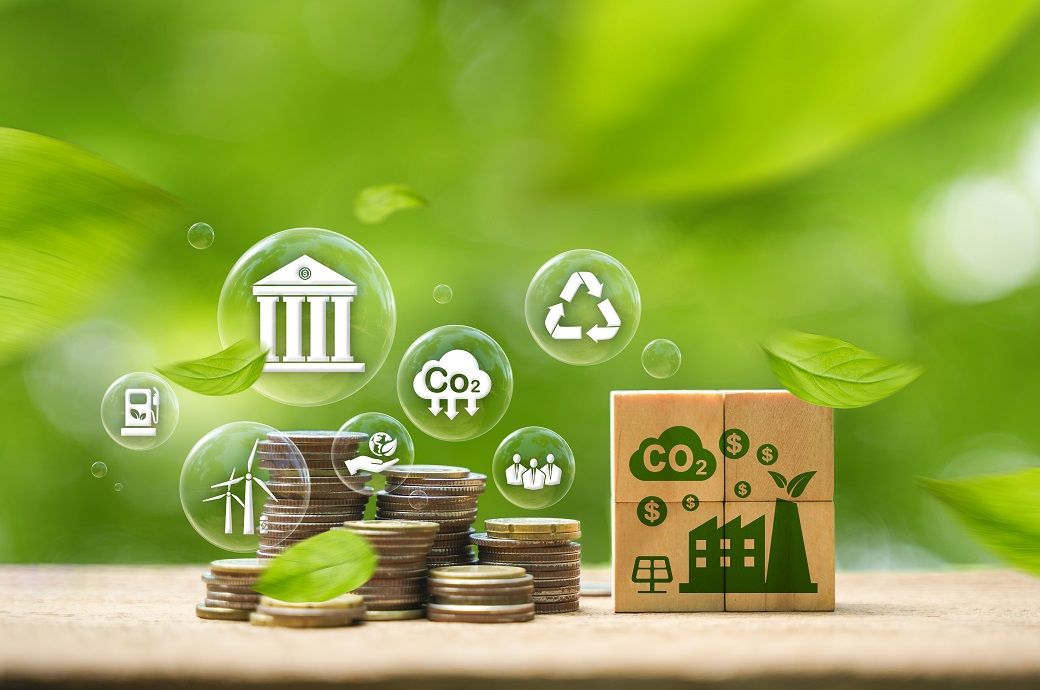
They should build regulatory capacity, implement effective monitoring and reporting systems, and ensure that local communities benefit from carbon projects, UNCTAD’s Least Developed Countries Report 2024 recommended.
They should create regional institutions to lower costs and improve market positioning, leverage South-South cooperation, and advocate for supportive frameworks in global climate agreements.
The report urged development partners to provide resources to help LDCs integrate carbon market policies with broader economic transformation goals and distinguish carbon finance from climate finance to enhance accountability.
The UNCTAD report highlights that LDCs can use carbon market projects to support their development if managed well. This would also enable these countries to contribute to global net-zero goals and climate action, an UNCTAD release said.
Carbon markets are platforms where carbon credits—permits to offset a specific amount of carbon emissions—are bought and sold. By participating in these markets, selling countries can earn revenue and contribute to climate action by offsetting the emissions of buyers.
LDCs were among the first to join carbon markets, but have limited influence now due to the small size of their economies and challenges in infrastructure, technology and institutional capacity.
LDCs face unique challenges in accessing global carbon markets due to their smaller economies and difficulties in attracting foreign investment.
Geographic concentration is a major issue: just six LDCs—Bangladesh, Cambodia, the Democratic Republic of the Congo, Malawi, Uganda, and Zambia—account for over 75 per cent of all carbon credits issued in voluntary markets and 80 per cent of credits under the Kyoto Protocol’s Clean Development Mechanism (CDM).
Although LDCs make up only 1.5 per cent of global CDM projects, this concentration highlights a significant opportunity to broaden participation and create more inclusive carbon markets that benefit all LDCs, UNCTAD noted.
While LDCs participate in carbon markets, their financial returns are modest compared to larger sources of funding like development aid, foreign direct investment and remittances.
In 2023, the market value of carbon credits from LDCs was about $403 million, which is only about 1 per cent of total bilateral development aid. With LDCs needing $1 trillion annually to achieve the UN Sustainable Development Goals by 2030, carbon markets alone cannot close this funding gap but can provide additional financial support at best.
Case studies show that the benefits of participating in carbon markets, such as technology transfer, education and community development, are uncertain in LDCs.
LDCs have significant untapped potential for climate action in sectors like forestry and agriculture, which offer promising opportunities for generating carbon credits, the UNCTAD report observed. This potential could equal 70 per cent of the carbon dioxide emissions from the global aviation industry in 2019, or about 2 per cent of total global emissions.
However, realizing this potential depends on having viable carbon prices and accessible projects, the report said.
Additionally, LDCs have substantial opportunities for expanding renewable energy to meet local electricity needs and improve energy access.
Carbon markets can help raise part of the necessary funds, providing a promising pathway to harness renewable resources, promote sustainable growth and modernise their economies, it added.
Fibre2Fashion News Desk (DS)